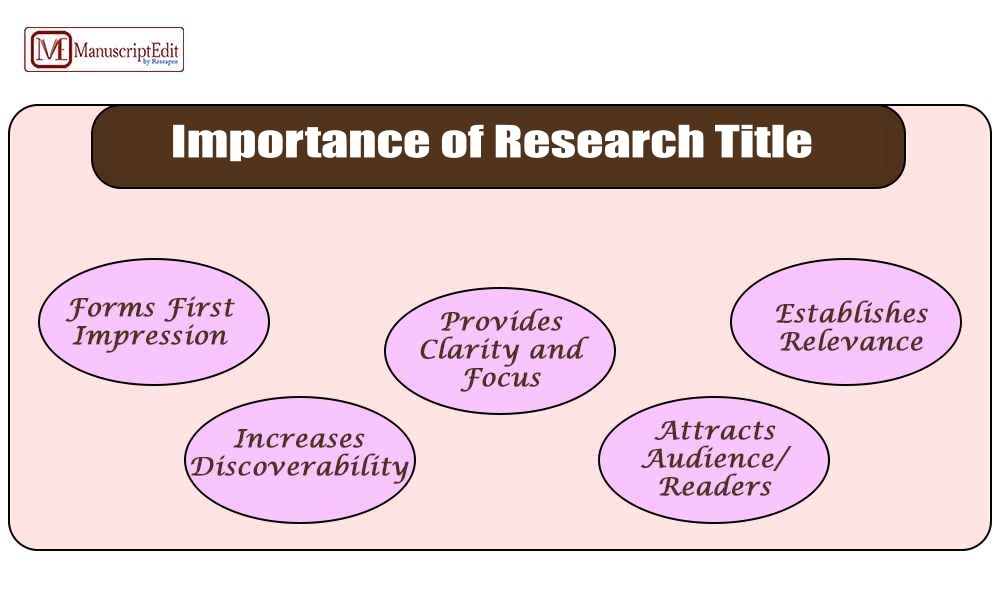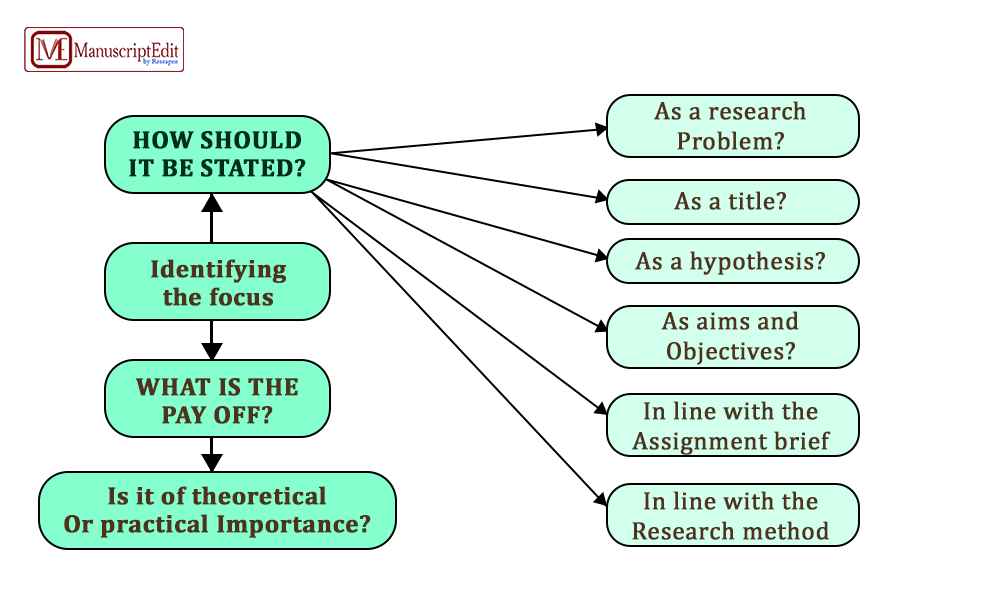
The title for scientific resource publication serves as the initial gateway to the research, drawing in readers and providing a snapshot of what to expect within the paper. It becomes the first impression made on the audience, thus making it crucial to craft a title that is both informative and engaging.

What is a good title for a scientific paper?
An excellent scientific title should be concise, clear, and intriguing. It should accurately reflect the paper’s content and spark curiosity.
Research titles examples are The Effects of Climate Change on Marine Biodiversity: A Comparative Analysis of Coral Reefs and Kelp Forests, Developing a Novel Approach to Early Detection of Alzheimer’s Disease Using Machine Learning and Neuroimaging.
The running title – a condensed version of the main title that graces the top of each page of an academic paper. Think of it as a mini-title that helps readers quickly recall the paper’s focus. Typically, it’s at most 50 characters (including spaces), making it snappy and to the point.

How do you format a title for a scientific paper?
Crafting a title for a scientific paper involves more than mere adherence to conventions; it’s about ensuring clarity and engagement for the reader.
- The structure summarises the research concisely, employing nouns to denote the subject matter, verbs to delineate actions taken, and adjectives to provide nuance.
- Proper capitalization and punctuation are paramount for readability and professionalism. They facilitate precise and consistent communication while bolstering the title’s credibility.
How do you come up with a creative title for a research paper?
Writing the title and abstract for a research paper involves the following steps:
- Start by immersing yourself in your research topic, grasping its core points and significance.
- Next, jot down keywords and phrases pertinent to your study. Play with these words, employing wordplay or alliteration to make your title memorable.
- Introduce metaphors or analogies that resonate with your research, adding depth.
- Engage readers with question-based titles, stimulating curiosity upfront. Seek feedback from peers for refinement and clarity.
- Ensure your title is distinct and concise, accurately reflecting your paper’s content.
- Lastly, verify its originality before finalizing. Let your title be a beacon guiding readers into your research world.

What makes a good research title Quora?
Crafting a compelling research title for Quora involves several crucial aspects.
- Clarity is paramount. Your title should convey your research topic without overwhelming readers with complex language.
- Ensure relevance by aligning your title with the interests of Quora users. Engage your audience with a captivating title that piques curiosity and promises valuable insights.
- Keep it concise, ideally under 15 words, to maintain reader interest.
- Incorporating relevant keywords enhances visibility.
- Strive for originality to stand out amidst existing research.
- Prioritize accuracy to maintain credibility.
EMBED
https://www.google.com/url?sa=i&url=https%3A%2F%2Fwww.quora.com%2FWhy-do-you-think-good-research-questions-must-be-smart-specific-searchable-measurable-attainable-arguable-realistic-repeatable-and-time-bound&psig=AOvVaw1LhPiSZJb3ly2PFksJ0J7_&ust=1710526242469000&source=images&cd=vfe&opi=89978449&ved=0CBMQjRxqFwoTCMDm5oGt9IQDFQAAAAAdAAAAABAUYour research title can effectively engage and inform Quora users by addressing these elements.Conclusion
Create captivating titles that accurately reflect your research and entice readers. Remember to summarize findings, engage readers, and craft impactful titles to enhance scientific publication visibility and impact.
References
- https://blog.wordvice.com/how-to-write-the-perfect-title-for-your-research-paper/
- https://www.nature.com/nature-index/news/how-to-write-a-good-research-science-academic-paper-title
- https://medium.com/illumination/crafting-research-papers-a-comprehensive-guide-and-outline-392f53881b76
